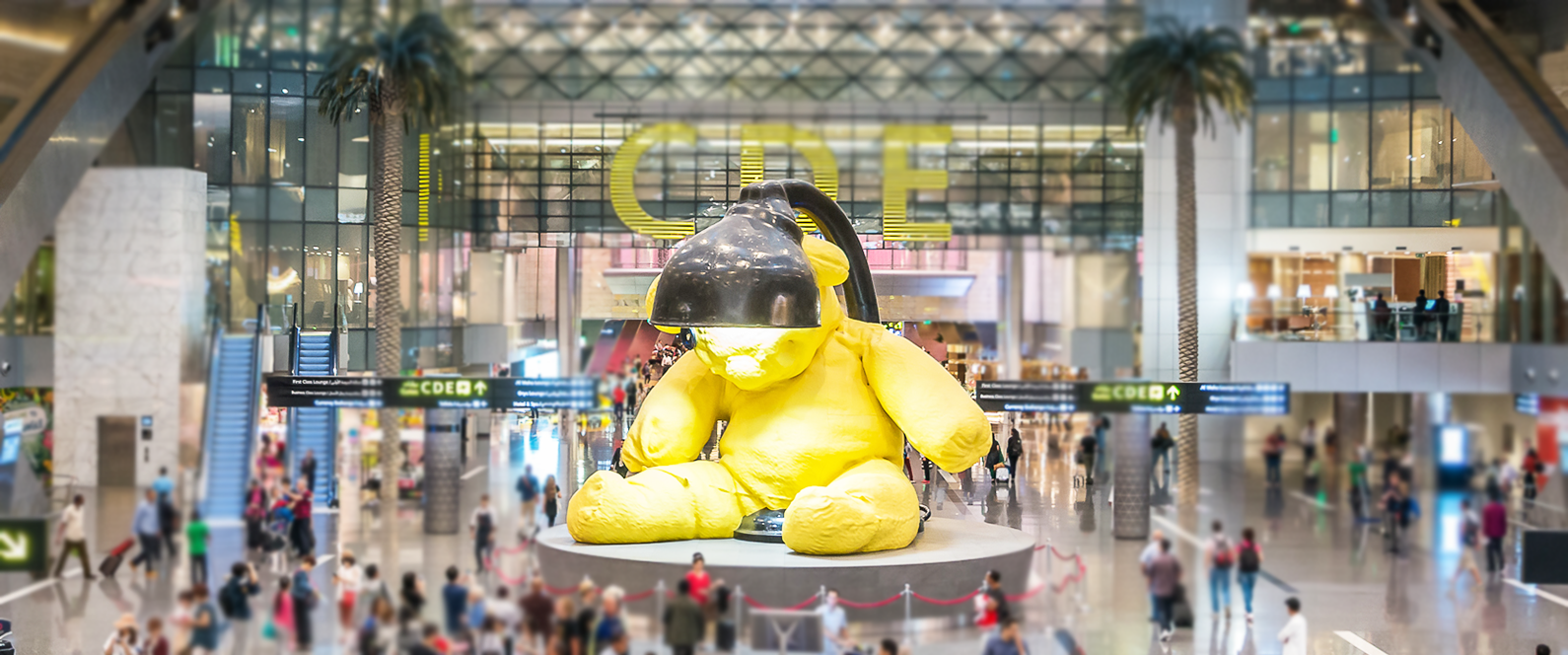Travel during the COVID-19 pandemic
 Follow precautionary measures during travel
Follow precautionary measures during travel
With the arrival of summer, many people are planning to travel. Currently, countries around the world have specific regulations in place for arriving and departing travelers to limit the spread of COVID-19. Hence, for peace of mind, proper planning for travel is critical. Travelers should follow the guidelines implemented by the travel authorities (airline and airport of departure and arrival). Check the destination country for policies on what kind of travel (tourism, essential etc.) is allowed. Some countries allow only essential travel, which is travel for emergencies and humanitarian actions (including emergency medical flights and medical evacuation). It includes essential personnel (including emergency responders and providers of public health technical support, critical personnel in transport sector such as seafarers and diplomatic officers) and repatriation to a home country.
There are also precautionary measures for travelling that must be followed no matter where you are going.
Precautionary measures during travel
During travel, all individuals should clean their hands frequently by washing with soap and water for at least 20 seconds or using alcohol-based hand sanitizers. It appears obvious, but this needs to be repeated regularly to prevent COVID-19 and many other infectious diseases. Your hands can transfer viruses and/or bacteria to not only yourself but also to others. Washing your hands and/or using alcohol-based hand sanitizer regularly, especially after touching common touch points (e.g. door handles or light switches) will help to keep you and others safe from harmful bacteria and viruses. Furthermore, frequently touched objects and surfaces should be cleaned and disinfected frequently.
Additionally, try to not touch your face by keeping your hands busy. The germs on the hands must be kept away from the face. The eyes, mouth, ears, and nose provide inlets for viruses and bacteria to get access to the respiratory or digestive systems.
We can also protect ourselves and our family by following the simple but effective safety measures outlined below:
- Try to maintain a physical distance of at least one meter from others
- Avoid large gatherings or crowded spaces where you may be in close contact with others
- Try to take direct flights, as you minimize time in transit and will therefore minimize possible exposure to COVID-19
- Prefer outdoor activities than indoor activities – camping outdoors, going cycling etc.
- Wear a facemask when away from home
- Cough or sneeze in your bent elbow or tissue (not your hands)
- Avoid close contact with someone who is sick
- Avoid shopping during peak hours when markets and malls are most crowded
- Maintain a healthy lifestyle, such as nutritious eating, regular exercise and getting restful sleep
- Consider quitting tobacco use
Travel companies might ask you to wear a mask while traveling. You should follow the advice of your travel company. If the type of mask is not specified then people 60 years and over, and those who have underlying health conditions, should wear a medical facemask while traveling. This provides greater protection from others who may have a respiratory infection, including COVID-19. People who feel healthy and have no symptoms can wear a cloth facemask to prevent any virus they may have from spreading to others. Remember that wearing a facemask does not provide full protection. You should always combine this with the preventive measures described above.

Becoming ill while traveling
If you become ill during your travel, inform your travel attendant. You may be moved to a seat farther away from others. Ask for information on how to be seen by a health care provider and seek care immediately. Wear a facemask continuously while you travel, frequently clean your hands, cover a cough or sneeze with a bent elbow or tissue, and maintain at least a one-meter distance from others wherever possible. You should stop travelling as soon as feasible. If you are told you must quarantine or self-isolate yourself in a specific place, you should seek an appropriate facility for approximately 14 days.
If you believe you have been exposed to or have COVID-19 in Qatar, dial 16000 and follow the instructions. Learn more about Qatar’s COVID-19 restrictions.
Sources: Ministry of Public Health, Qatar | The World Health Organization
Contributors: Dr. Karima Chaabna, Dr. Sohaila Cheema and Dr. Amit Abraham
Editing: Mr. John Hayward